DARPA selects 3 university teams to investigate small-footprint recycling of critical elements in e-waste; RPOD
Green Car Congress
JUNE 14, 2022
DARPA has selected multiple teams of university researchers for the Recycling at the Point of Disposal ( RPOD ) program. RPOD will evaluate the technical feasibility of recovering multiple low-volume fraction critical elements present in end-of-life electronics hardware (e-waste).



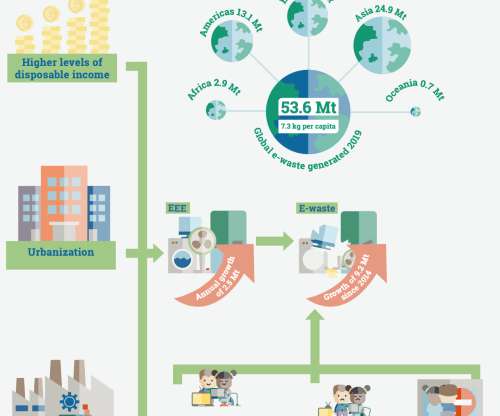
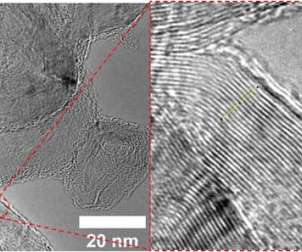




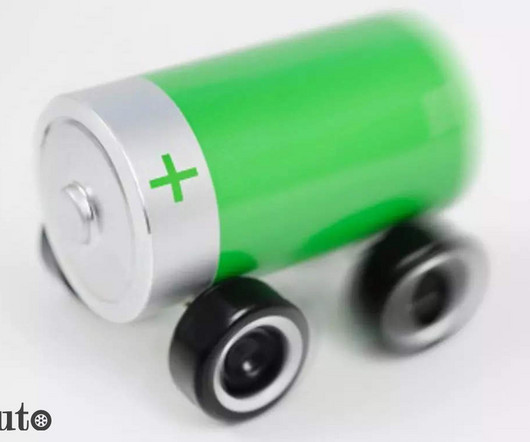


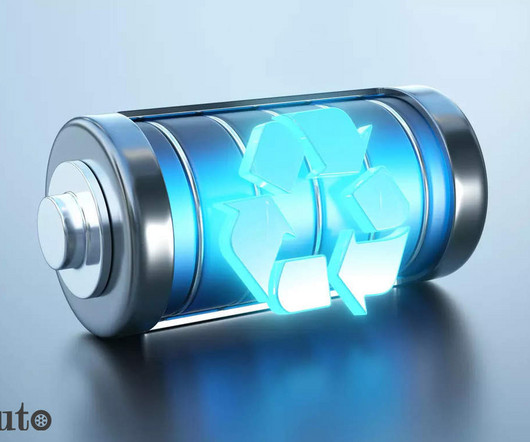








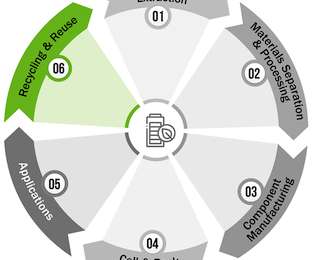






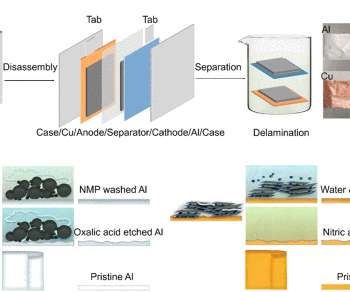
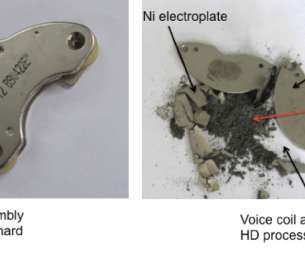





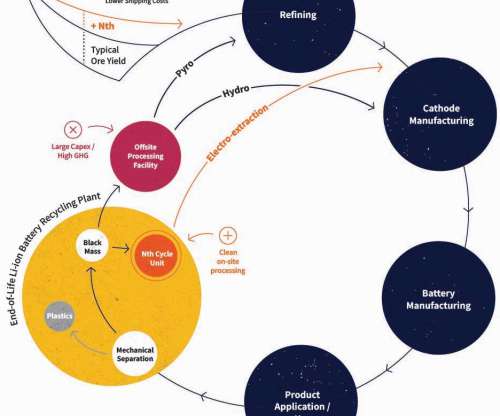






Let's personalize your content